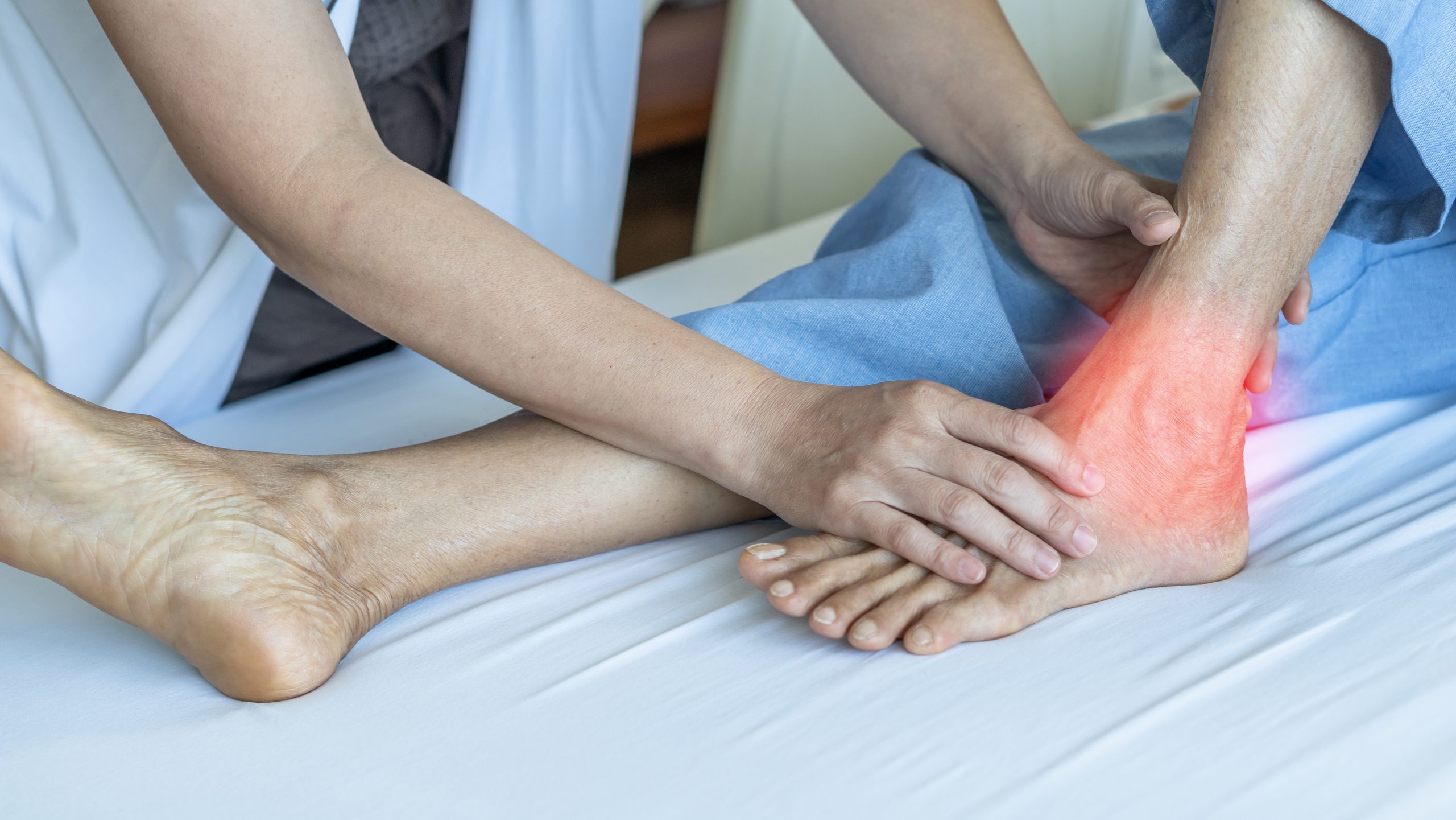Gout, one of the oldest known rheumatological conditions, has been described as far back to ancient Egypt. It is believed that King Henry VIII of England and Charles I of Spain, as well as Sir Isaac Newton, were affected by it. In the 19th century, it was considered a status illness. It was known as “The disease of Kings”. It is still quite common today and not restricted to royalty. But what do we know about the effects of gout?
What is gout?
Gout is a systemic condition caused by the accumulation of uric acid crystals. These crystals cause inflammation and pain in the joints. The crystal deposits build up in the joints even when there are no symptoms. The crystals may “move” in the joints for a variety of reasons. This movement can trigger attacks or flare-ups, which can lead to severe pain and inflammation. This is more common in men than in women of any age, and it is especially prevalent in women older than 50. Young women are protected from oestrogen which increases uric acids excretion.
Which Home Remedies for Gout?
You can find a big list of natural remedies here: Home Remedies for Gout.
What is uric Acid?
Uric acid is a compound the body makes as waste. It is the first building block of DNA. These pieces are broken down by the body when cells die and then one is converted into uric acid. Although uric acid is a common compound found in urine, it can sometimes rise in blood levels due to either a decrease of kidney function or an over-consumption.
Is hyperuricaemia (high blood uric acid) the same thing as gout?
No! It is the movement of crystals in the joints that cause gout attacks, and not the uric acids in the blood. Because uric acids are more concentrated in the blood, it takes more time for the crystals to form and deposit in the joints. Gout attacks can happen even if there is no uric acid present in the blood. Gout can also occur in hyperuricaemia, which is a condition where only 10% of the population will experience it. However, those with higher levels of uric acid are more susceptible.
Can you test for gout?
It is possible to measure uric acid. It cannot be seen on Xrays but can be detected in urine and blood. These levels give us a better idea about the patient’s risk and other diseases.
Is diet the only way to cure gout?
Unfortunately, in most cases, no. Gout prevention is the main purpose of diet. The main purpose of diet is to prevent or reduce the severity of the disease. However, it cannot cure the disease. It is difficult to dissolve the crystals in the joints by diet. Therefore, medications that can lower the level of uric acid are required.
Where is gout found?
Gout can affect any joint, but it is most commonly associated with podagra. This is an inflammation at the base of your first toe. It can also affect other joints, particularly in later attacks.
Consuming foods high in purine can increase blood uric acid levels.
What are the risk factors for gout in this area?
There are certain genetic factors that we cannot change. However, we can modify some factors such as obesity, red meat consumption or liver or kidney damage. These factors reduce the kidney’s ability to excrete uric acids and increase blood levels. Gout prevention is possible only by modifying the latter. Because they could not afford alcohol or meat, gout was a problem that only the kings and nobles suffered from.
What are the medications that can be used to treat gout?
Gout medication has two “pillars”. The first is pain control medication during attacks. These medications reduce inflammation but do not treat uric acid crystals. These include anti-inflammatory drugs (NSAIDs), corticosteroids, and colchicine. Another, more long-term pillar is allopurinol which inhibits the formation of uric acids. Similar to how we treat diabetes or hypertension, these drugs are often maintained to prevent future attacks.
Try a natural remedy made of curcumin and boswellia: Gout Natural Remedies.
Is it safe to have gout
Gout can cause severe pain, but it is important that you manage the condition. Gout is a systemic condition and poor management can increase the likelihood of developing a cardiovascular disease (such as heart attack, cerebral ischaemia, or stroke). Gout patients are more likely to have other risk factors, such as obesity, lipid disorders, or insulin resistance. Gout is similar to having diabetes or high blood pressure. Gout is a chronic condition that requires treatment. Close monitoring can reduce the chance of complications.
What should we do if we have gout attack?
When a patient has gout, they start with anti-inflammatory drugs (or “the first pillar”) to manage the symptoms. Once the attack is under control, we then switch to uric acid modifying medications. We will give stronger pain medication to the patient if it is not the first attack. This is because changing or starting certain gout medications (for example, allopurinol) can affect the crystals in your joints and cause a gout attack. Anti-inflammatory drugs and the “first pillar” are not affected by this. Anyway, first of all, you have to change your diet and lifestyle: Gout Diet.
